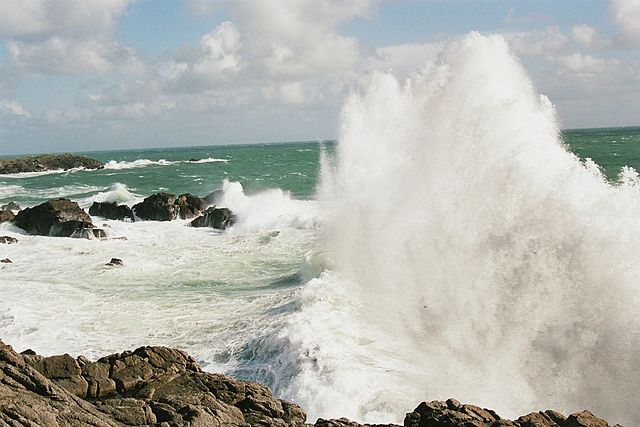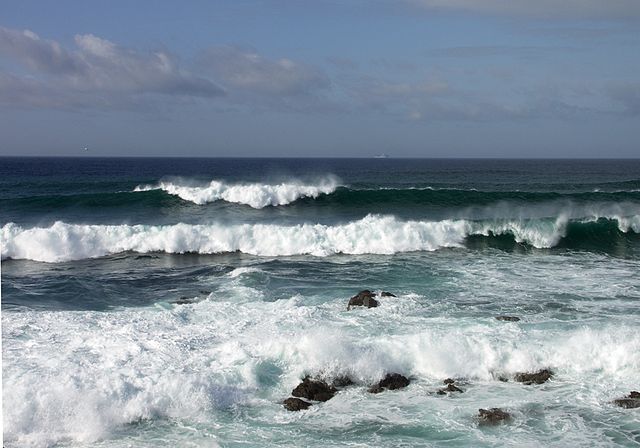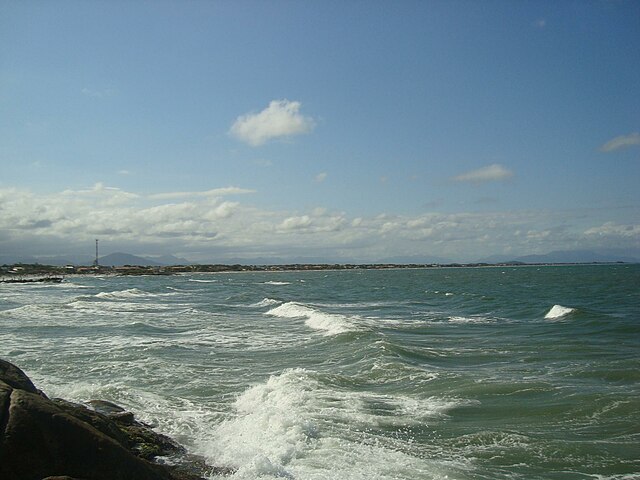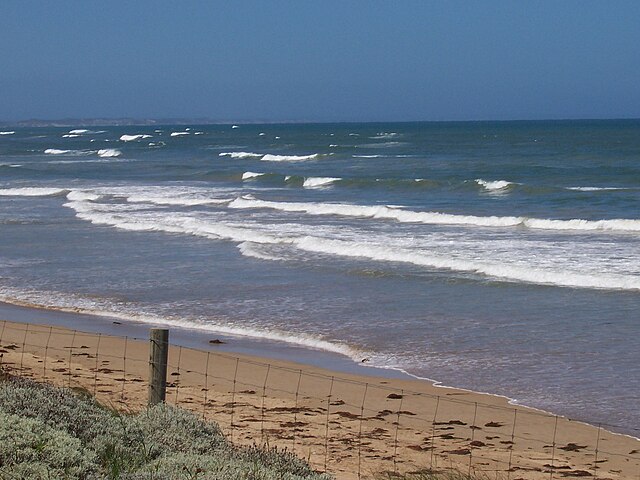
On Saturday June 8, the United Nations celebrates World Oceans Day. Its website explains:
We celebrate World Oceans Day to remind everyone of the major role the oceans have in everyday life. They are the lungs of our planet, providing most of the oxygen we breathe. The purpose of the Day is to inform the public of the impact of human actions on the ocean, develop a worldwide movement of citizens for the ocean, and mobilize and unite the world’s population on a project for the sustainable management of the world’s oceans. They are a major source of food and medicines and a critical part of the biosphere. In the end, it is a day to celebrate together the beauty, the wealth and the promise of the ocean.
One focus for this year’s commemoration is the subject of Gender and the Ocean:
We strive to build greater ocean and gender literacy, and to discover possible ways to promote gender equality in ocean-related activities such as marine scientific research, fisheries, labour at sea, migration by sea and human trafficking, as well as policy-making and management.
There is also the continuing global effort against plastic pollution. 13 million tons of plastic leak into the ocean every year, killing many thousands of marine animals. Eroding plastics become microplastics, eaten by fish and other marine wildlife and eventually by humans. The United Nations’ Sustainable Development Goal (SDG) 14 of the 2030 Agenda for Sustainable Development was to conserve and sustainably use the oceans, seas and marine resources for sustainable development.
The Thammasat University Library owns several books about oceans that should be of interest to students of law, history, environmental science, sociology, ASEAN studies, gender studies, and many other related subjects.
One example is Saving the Oceans through Law: The International Legal Framework for the Protection of the Marine Environment. In the Thammasat University Digital Collections is an ebook acquired by the Sanya Dharmasakti Library, TU Faculty of Law: Sustainable Ocean Resource Governance: Deep Sea Mining, Marine Energy and Submarine Cables. This study presents
perspectives on the legal interface between sustainable economic growth, effective marine resource management and urgent environmental protection of the sea by addressing three key issues: deep sea mining, marine energy generation, and seabed pipeline and cable systems.

Corporate awareness
Some Thai companies are supporting efforts to preserve the oceans by reducing waste. Last year, Ocean Glass Public Company Limited, a glassware brand based on Sukhumvit 19 Alley, Khlong Toei Nuea, Watthana, Bangkok, presented 1,000 reusable glasses to Thammasat University.
Also last year, Thai PBS, a public television station, reported that
at Thammasat University’s Rangsit campus, students have been urged to bring their own cotton bags when they want to shop for snacks, drinks or whatever from the convenience stores on the campus… Convenience stores on the campus have also replaced their single-use plastic glass with reusable glass which can be washed and recycled for use. Any student who brings his/her own glass will be given a two-baht discount for a glass of cold drinks or any student who wants a paper glass will be charged an addition of two baht. About ten percent of customers have reportedly brought their own glasses or mugs when they buy iced soft drinks at the stores… Ms. Jiraporn Painuan, an official of Thammasat University’s Rangsit campus, told Thai PBS that, after one month of the campaign to reduce the use of single-use plastic bags, she saw the gradual positive change of habit of students in the use of plastic bags. Assistant Professor Prinya Tevanarumit, a vice rector for administration and sustainability, said that for the campaign to change the habit in the use of plastic bags, it had to be done and followed up on sustainable basis. He added that convenience stores on campus no longer hand out free single-use plastic bags for customers who will have to pay for plastic bags or to borrow cotton bags from the stores. He explained that, at Thammasat, the measure to cut back the use of plastic bags was tougher than the other campuses because the university wanted to set an example for the others to follow suit if the campaign has proven to be successful.
Thammasat is at the forefront of the Zero Waste philosophy, encouraging the redesign of resource life cycles so that all products are reused. The goal is for no trash to be sent to landfills, incinerators, or the ocean. Currently, only 9% of plastic is recycled. The goal is conservation of all resources by means of responsible production, consumption, reuse, and recovery of all products, packaging, and materials, without burning them, and without discharges to land, water, or air that threaten the environment or human health.
All TU students have noticed that the university website announces a sustainable/ green campus:
Thammasat Rangsit Campus is committed to creating a pedestrian- and bike-friendly community by encouraging students to use bicycles as the main transport in the University and constructing bicycle lanes connecting our buildings/lecture halls throughout the University. Rangsit Campus also tackles waste disposal, which is a big task for a large community, by promoting waste separation with its model Reduce/Reuse/Recycle center and recycle waste bank in order to make Rangsit Campus a zero-waste zone and promote effective reusing and recycling.

The School of Global Studies, TU, headquartered in the Learning and Laboratory Building, Piyachart 2 99 Moo 18 Klong Luang, Rangsit, Pathum Thani, has organized waste-free/ plastic-free events. Scholars of Sustenance (SOS Thailand), a Bangkok-based foundation that collects excess food from hotels, restaurants, supermarkets and private donors, delivering them to persons in need in the Bangkok Metropolitan Area, provided 100 bamboo cups for one occasion.
As the TU School of Global Studies website notes,
The School of Global Studies is a new and innovative academic initiative within Thammasat University and a front runner in global health and social innovation within Thailand, Southeast Asia and beyond with a track record of excellent research on determinants of the public’s health, student centered teaching, and academic service relevant to community needs.
Among useful research being carried out at TU on oceans is an article published last year in the Thammasat Business Law Journal. Legal Measures for the Control of Marine Pollution by Dumping by Khun Thirada Pachonaripai, a Ph.D. candidate at the Faculty of Law, Thammasat University, notes that
Thailand, as a party to the United Nations Convention on the Law of the Sea, 1982 (UNCLOS), under article 210 and 216 to prevent and control marine pollution by dumping. However, current Thai legal measures do not effectively cover marine pollution by dumping under the UNCLOS for several reasons such as lack of definition of dumping and limited enforcement in the exclusive economic zone and the continental shelf of Thailand.
(All images courtesy of Wikimedia Commons)

